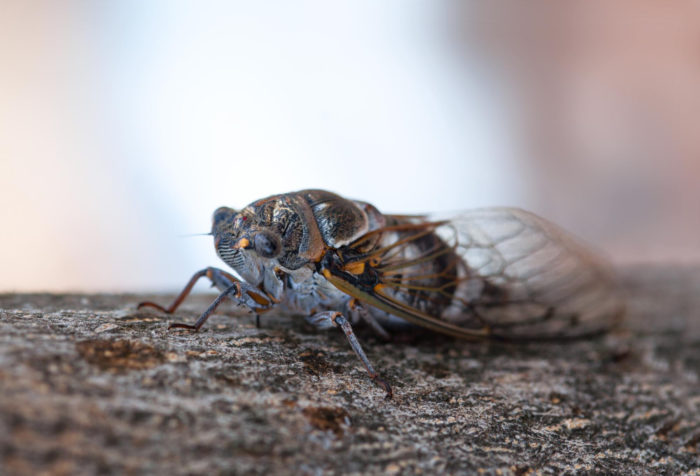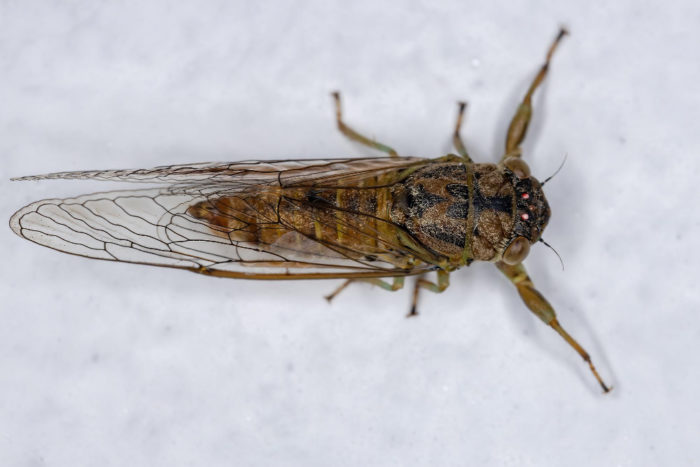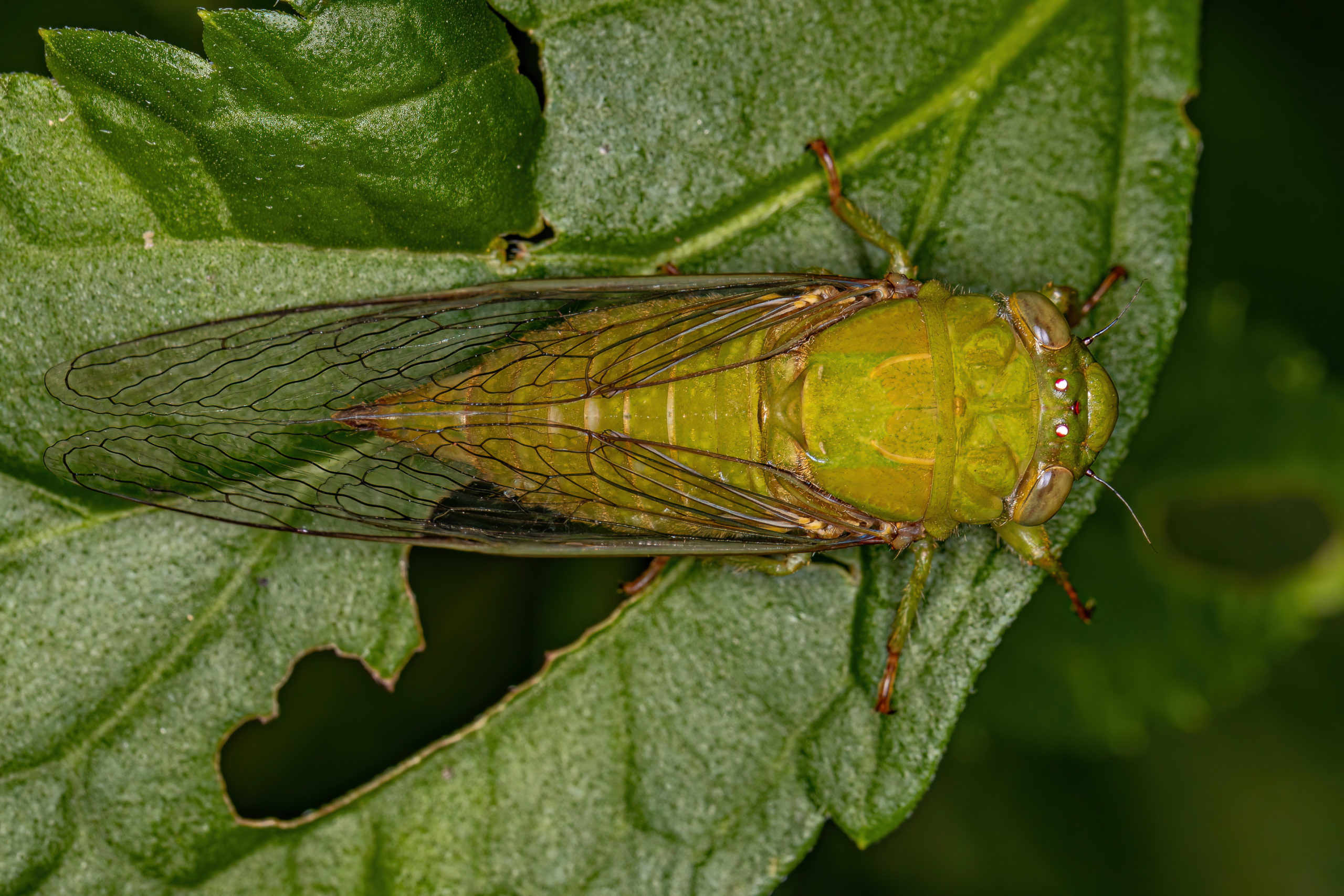When you are eating a juicy watermelon in the garden or sitting under the shade of a tree with your favorite book in hand, there is a sound that you keep hearing all day. It is so frequent that it becomes one with the surroundings and you almost get used to it. Well, almost. Yes, we are talking about that buzzing noise cicadas make.
Most of you are familiar with the insect but, still for those of you who have not seen one yet, a cicada is a large insect with a stout body and wide head. There are more than 3,000 cicada species—some turn up every 13 to 17 years, while others emerge every year when the weather gets warm.
The Sound of Summer
Over the years, summertime has become synonymous with the sound of cicadas buzzing in the background. Haruki Murakami, a renowned novelist, wrote in A Wild Sheep Chase: “Summer light, the smell of a breeze, the sound of cicadas. If I like these things, why should I apologize?”
Important Note: If you're tired of pests and want a reliable solution, then you should definitely consider seeking help from a professional pest control company. DIY solutions can be effective, but if you're dealing with a significant pest infestation, you don't want to rely solely on DIY methods. Pest control companies typically don't charge huge fees. You can fill out this form to receive free quotes from the top local pest control companies, and compare the quotes and see for yourself. Then, finally, your pest problems will be eliminated for good.

Well, a few of them may even bring back pleasant memories from your childhood. Some species of cicadas even produce a sound that is pleasant to hear and may even be termed as musical.
But, when the females start laying eggs – One female can lay as many as 500 eggs, the problem becomes real. A large number of newly born cicadas are bound to turn up year after year and your summer will be filled with an orchestrated cacophony.
Why Are Cicadas So Loud?
Ever wondered why these little buggers are annoyingly loud? According to research, male cicadas produce loud noises by vibrating membranes called tymbals that are present near the base of their abdomens. Their bodies are structured in a way that amplifies the sound.
Male cicadas generally produce these sounds to attract their female counterparts. A swarm of male cicadas would gather in a tree to give out an almost incessant buzzing noise.
An entomologist recorded a cicada chorus at 96 decibels. To give you an estimate of how overwhelming this noise can be, jet planes produce a sound ranging between 70-80 decibels.
Throughout North America, the different species of cicadas that you hear are dog-day cicadas. They are so named since they are most active during the long, hot weeks of July & August, a.k.a, the dog days of summer.
The time of chorus and the purpose of making the sound may vary from species to species. Different species prefer different times of day, and each of the 3,000 or so species has a distinct sound.
Depending on the species, cicadas make sounds for mainly three reasons: to communicate, reproduce, and even defend themselves.
These three distinct sound responses include a song that might get affected by daily weather fluctuations and by songs produced by other males. A courtship song is usually generated to attract females, and a vehement squawk is triggered when individuals are captured, held, or disturbed into flight.
How to Deal With the Noise
Cicadas can be regarded as harmless insects, considering they do not bite or sting. But, the sound, or rather the shrill noise alone, can be deafening to a human ear.
Moreover, the females choose small plants to lay eggs, causing unwanted damage to these plants. And when these cicadas increase in number, it is safe to call it an infestation.
So, how to deal with this cacophony?
You can try one of the harmless home remedies to alleviate the noise. Try spraying water on your plants. Cicadas love warmth and sunshine, so this may silence them for a little while.

You may also consider pruning your small plants. With annual cicadas, try to cut off the branches that seem infested with eggs to prevent them from returning next summer.
Final Thoughts
So, to conclude, the first step in dealing with cicada noise is to identify the type of cicada. Cicadas are usually pretty large so they are hard to miss. You can easily find one clinging to your small treelings, or just follow the sound to spot one!
If it’s one of those species that resurface every 13 or 17 years, then it is probably not worth it to do anything drastic. But, if it’s an annual one, then you might wanna call pest control.

